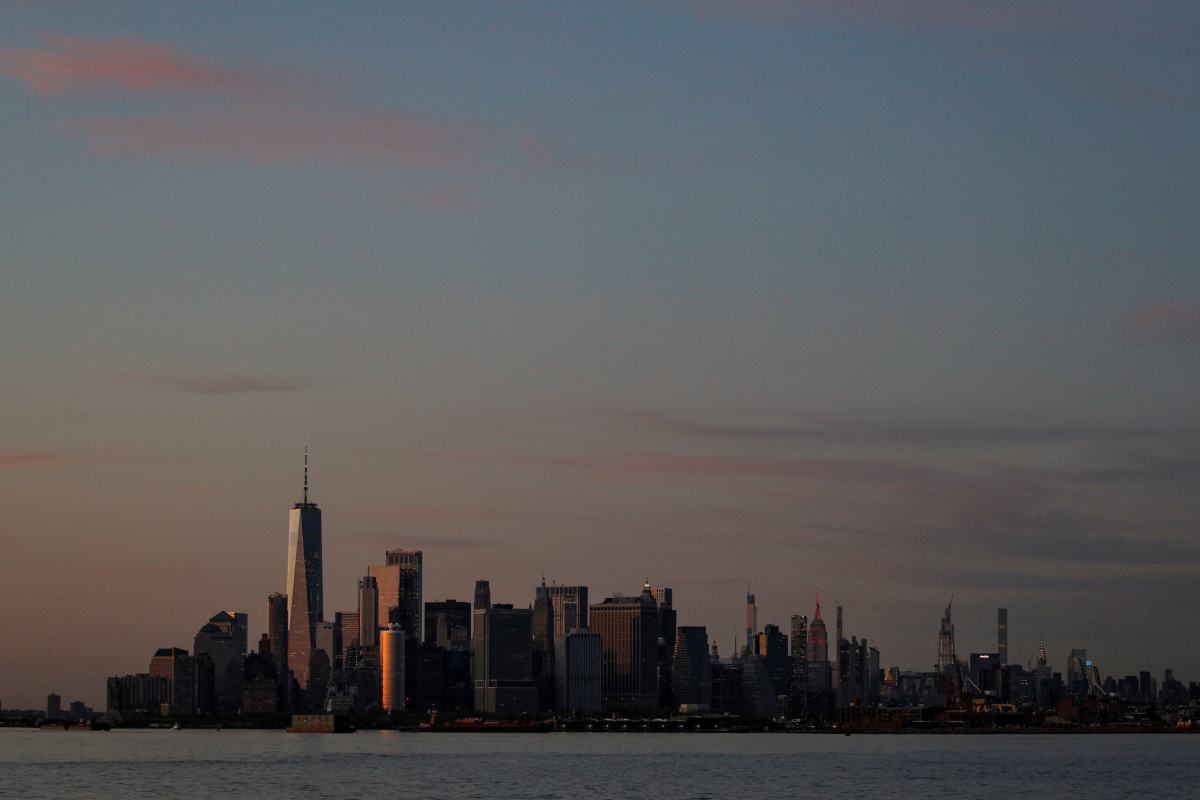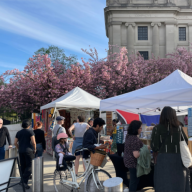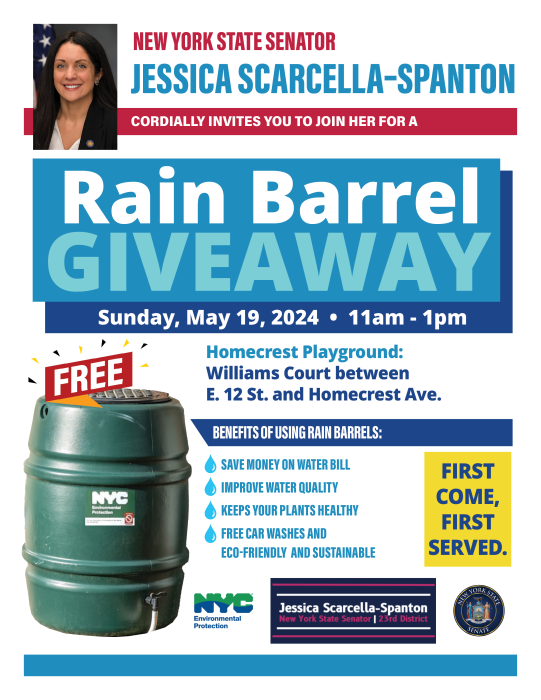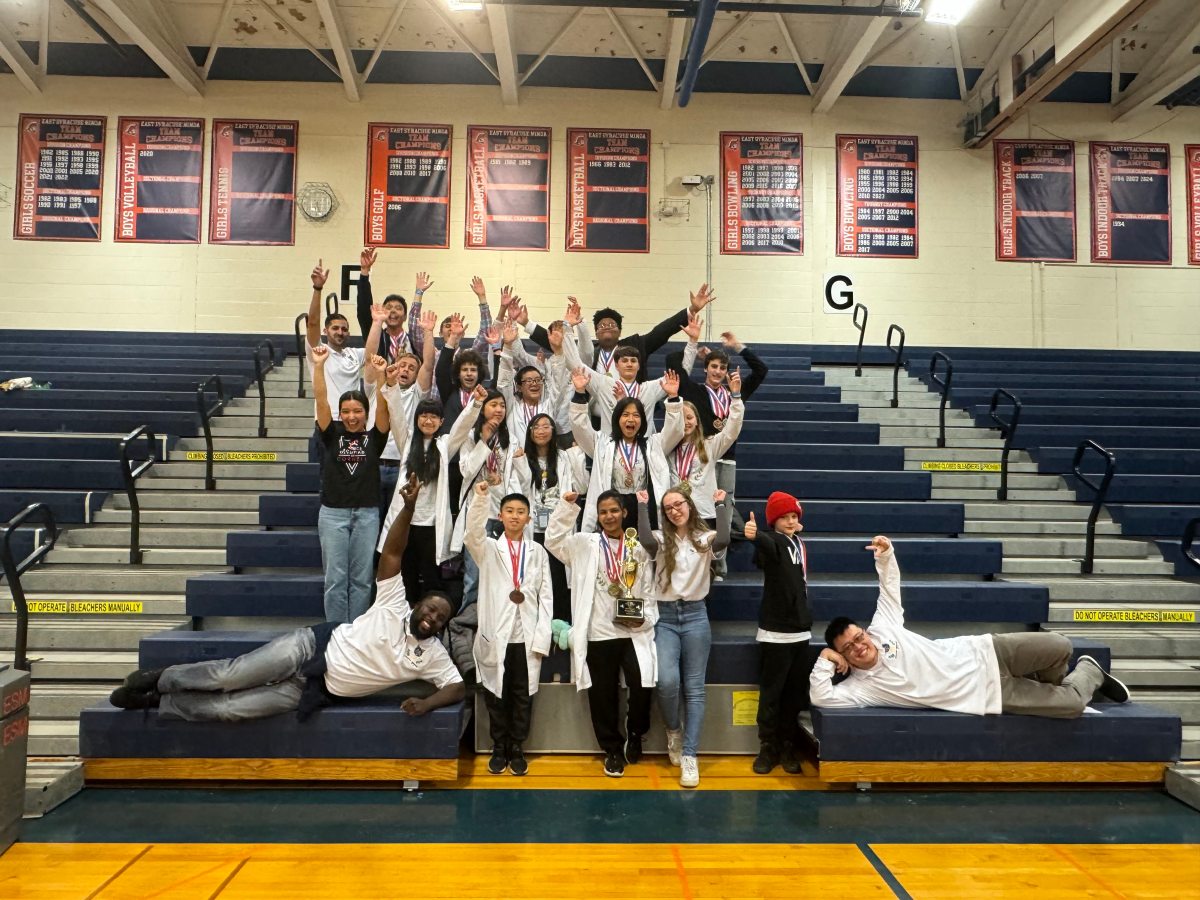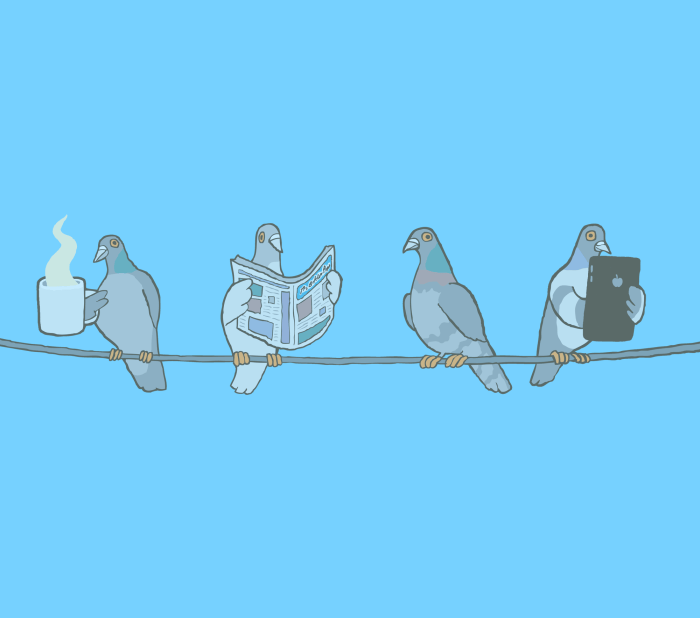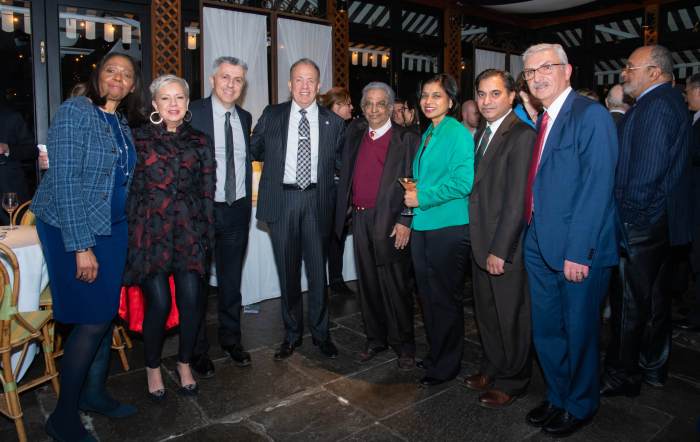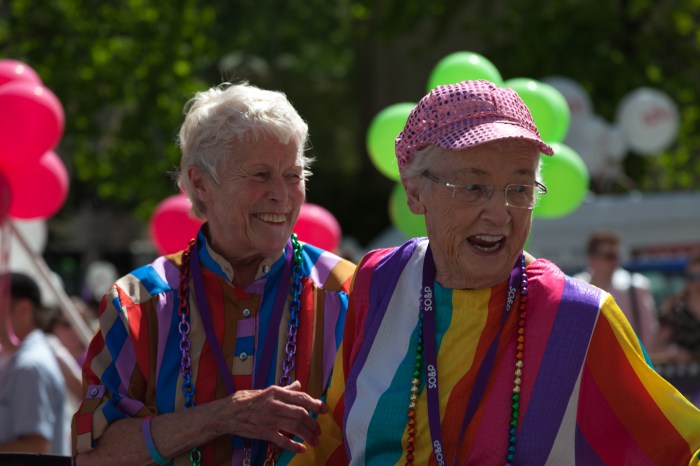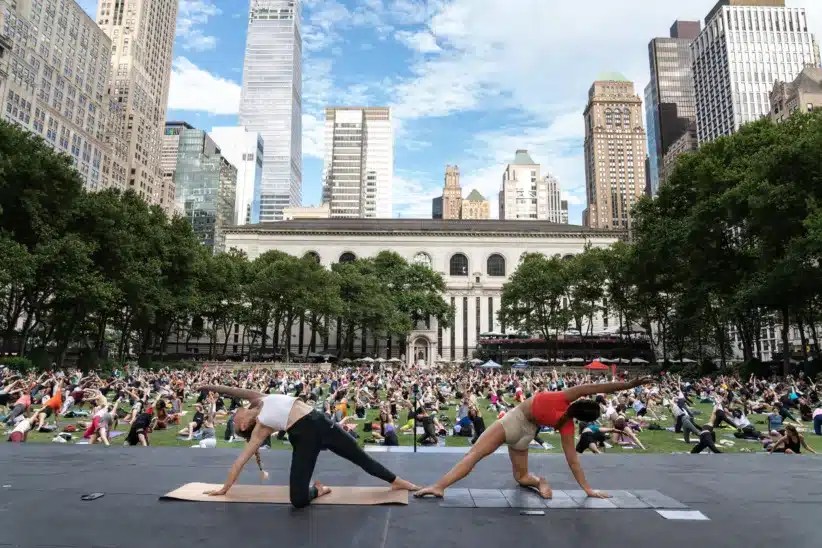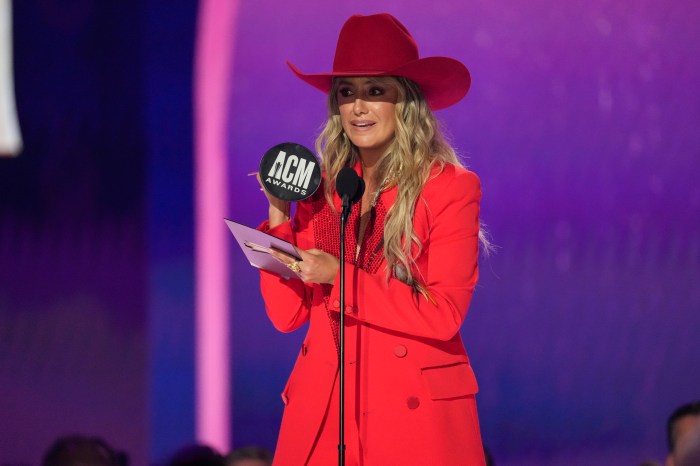The coronavirus pandemic is a rather good analogy for global climate change, because it’s a global thing you can’t see that will kill millions, there are clear ways to alter our lives to prevent it, and there are millions of people intent on not changing their lifestyle at all and denying reality about how it works. It’s not a good analogy because solving climate change will take decades and mostly impacts our youngest, while coronavirus is an immediate threat which targets the elderly most severely. But differences are why you have analogies.
Like climate change, some places are dealing with coronavirus quite impressively and others seem to be doing worse than nothing. In both these cases, New York’s response has been substantially worse than most of the rest of the rich world, while substantially better than most of America’s. Coronavirus means we have to adapt huge portions of our life, but many of the changes we make can revert in a year or two. Climate change means we have to make a number of big changes more slowly but permanently.
So today I’m just going to write about transportation under coronavirus: how we get around. The subways and the buses used to be the lifeblood of this city, and they are still vital. However, they no longer run twenty-four hours and many privileged people, including myself, are currently afraid to ride them. There is no currently-public plan to ensure the trains and buses are safe and soon back to running twenty-four hours.
A lot of people are taking hired cars — taxis and Ubers and green cabs — around the city. This appears mostly safe but is not foolproof and is expensive and bad for the environment. Also, crucially, in a city as dense as New York we can’t all get around by car. We’d be in Third World traffic jams all the time.
Planes are terrible for the environment and almost no one is flying now. Nevertheless, the industry remains heavily subsidized and to keep their “slots” at desirable hub airports, the airlines continue to run almost totally empty flights, which are quite wasteful of oil.
I ride a bike, which is extremely cheap and convenient and pollution-free. I urge everyone in almost every state of physical health to take up bike-riding, though I grant that it does leave you more at the mercy of the elements than the other choices.
I’m not a total radical here. I accept that we’re still going to need and to own private cars. We need to focus on making most of them electric and the rest of them fuel-efficient. But we need to accept that most short trips are better without cars, that we need to better share cars with each other, and that we need to share the road better with the non-cars. Next week I think I’ll discuss “mobility startups.” I certainly don’t trust all of them.
Nick Rizzo is a Democratic District Leader representing the 50th Assembly District and a political consultant who lives in Greenpoint. Follow him on Twitter @NickRizzo.


